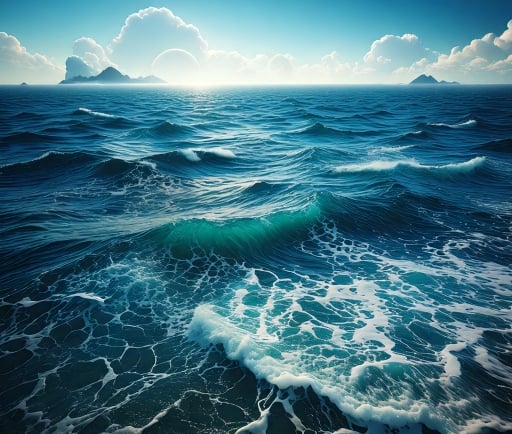The Vastness of the Ocean: Understanding Thick Water in Slow Motion


Introduction to the Mysteries of the Ocean
The ocean, which covers more than 70% of our planet's surface, is a marvel of nature. It is home to a plethora of ecosystems, mysterious depths, and breathtaking beauty. However, one of its most intriguing characteristics is the behavior of thick water observed in slow motion. This slow-motion phenomenon offers a unique perspective on fluid dynamics and the physical properties of water, enhancing our understanding of the ocean's massive expanse.
The Science Behind Thick Water
Thick water, sometimes referred to as viscous water, emerges from various natural occurrences and human interventions. Its viscosity is influenced by temperature, salinity, and the presence of other substances. Understanding the flow behavior of thick water in slow motion is key to unlocking many oceanic mysteries. For instance, how does temperature variation affect the viscosity of seawater as it transitions from surface to deeper layers? Moreover, observing these movements in slow motion allows scientists to study currents and other vital oceanic processes more effectively.
The Role of Thick Water in Oceanic Circulation
Oceanic circulation is essential for regulating climate and supporting marine life. Thick water plays a critical role in these circulation patterns. When we analyze the ocean's movements in slow motion, we can observe the intricate dynamics at play. For example, denser, thicker masses of water can alter currents, affecting temperature distributions and nutrient transport. These changes can have profound impacts on marine ecosystems and global weather patterns, which are essential for our survival.
In conclusion, exploring thick water in slow motion augments our comprehension of the ocean's complexity. By using advanced technology to examine liquid movement at a slower pace, researchers can gather valuable data that sheds light on oceanic phenomena. Understanding these elements not only deepens our appreciation for the ocean but also enhances our ability to protect and preserve it for future generations.
